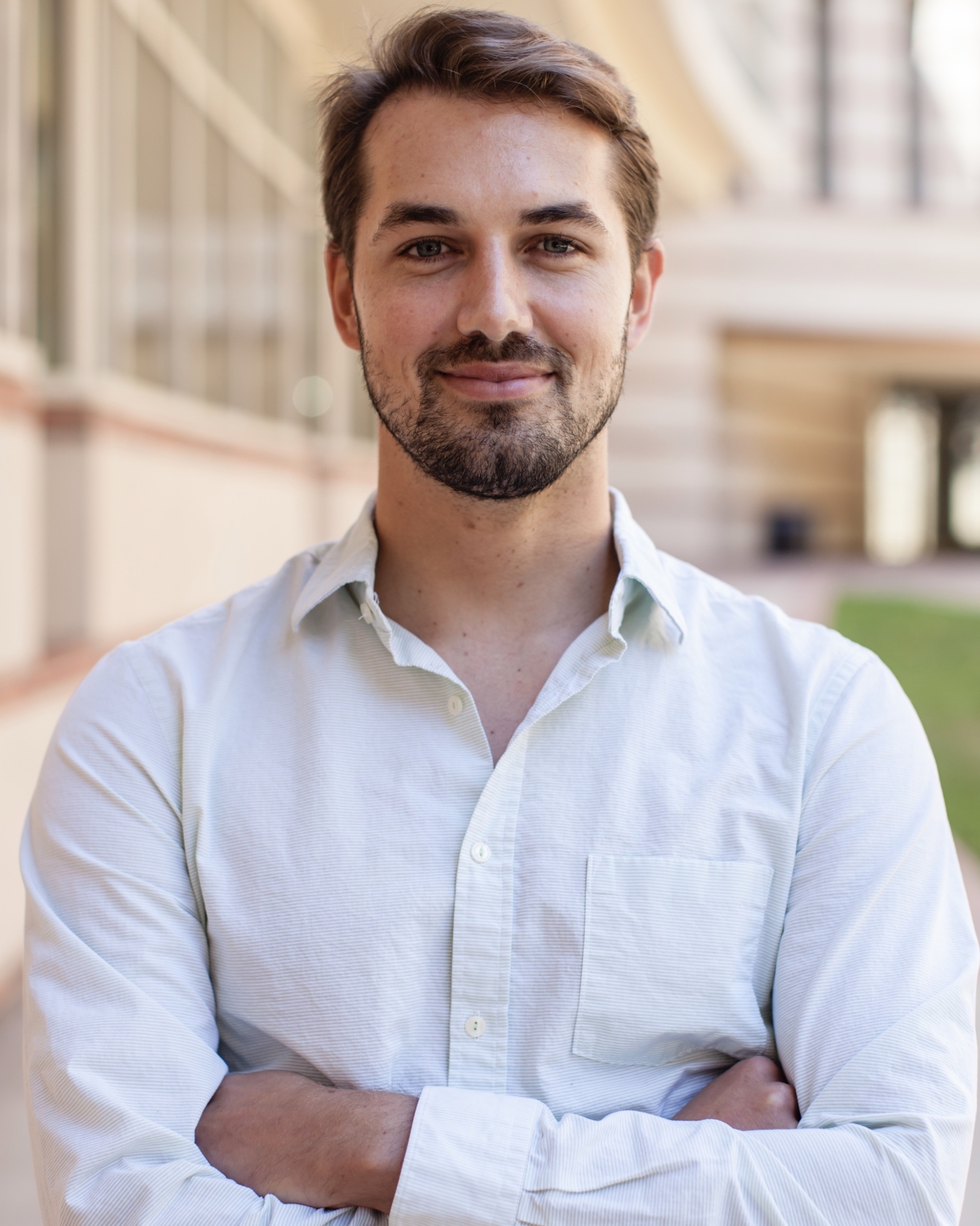The Policy and Politics of Amazon Highway BR364: From Socio-Environmentalism to Eco-Plunder Economies
This project follows the controversial road development of the major connecting highway of the Amazon Rainforest and the fraught politics from the 1980s to the current day.
Project Participant Bios

Gabriel Suchodolski is a Sociology PhD candidate at UCLA whose research projects analyze how human agency relates to social structures, development trajectories, and the environment. Gabriel has done ethnographic research in the Amazon since 2012. His dissertation uses comparative-historical, ethnographic, and mixed methods to study public policy implementation—specifically land policy and politics in Amazonian states and localities. In other projects, Gabriel analyzes how collective action and clientelism shape popular politics, land dispossession, and the social bases of deforestation and possible climate futures. Before joining UCLA, Gabriel was a researcher with the New Social Cartography of the Amazon project at the Amazonas federal and state universities (UFAM and UEA), where he helped indigenous and traditional communities to map and narrate their territories. Gabriel holds a BA in International Relations from the University of São Paulo, a Sociology MA from Rio de Janeiro State University, and an Anthropology MA from Columbia University.
Susanna Hecht is a specialist on tropical development in Latin America, especially the Amazon Basin and Central America. Her research focuses on the political economies of development ranging from corporate frontiers of cattle and export commodity agriculture (like soy, oil palm) to populist land occupation. She also studies their comparative environmental and social impacts.
She also explores alternatives to destructive development, and analyzes the forms of conservation in inhabited landscapes whether through indigenous technologies, non timber extractive products, niche markets as well as new tenurial forms (such as extractive reserves), social movements and globalization, including the role of remittances and migratory networks in reshaping rural land uses. The impacts of emerging green markets and greenhouse gas offsets for smaller scale farmers also form part of her research concerns.
As one of the founders of the analytic approach known as Political Ecology, Dr Hecht has been engaged in understanding the theoretical and institutional dynamics that underpin deforestation and its alternatives. To this end she has integrated macropolitics into an understanding of local outcomes, but also explores the contributions that local processes can make to understanding and developing solutions to large scale problems.
Dr. Hecht is the recipient of the David Livingstone Medal from the American Geographical Society, and the Carl O. Sauer Award. Her books have won numerous prizes, most recently her book, Scramble for the Amazon and the “Lost Paradise” of Euclides da Cunha won the Melville Award for the Best Book in Environmental History from the American Historical Association.
She is a fellow of the Institute for Advanced Study, and has received numerous prestigious awards including MacArthur, Guggenheim, ACLS, Shellby Cullonm Davis Award. Heinz Latin America Research Grant, Pew Charitable Trusts, NASA, NSF, the Carl Sauer Award, and most recently, the Stanley Brunn award for creativity in Geography.


